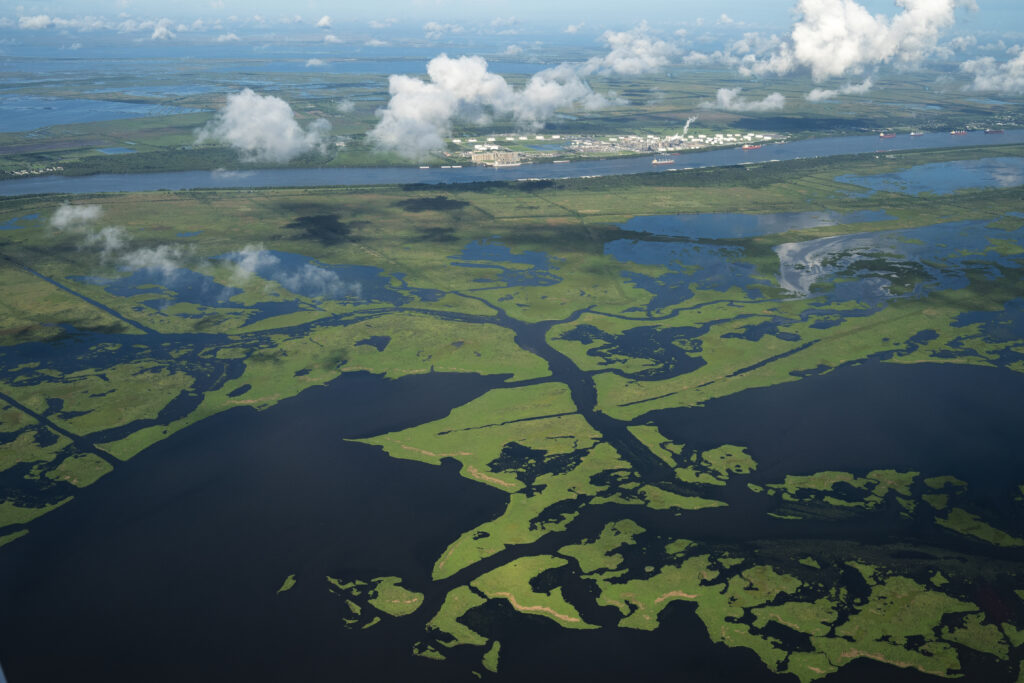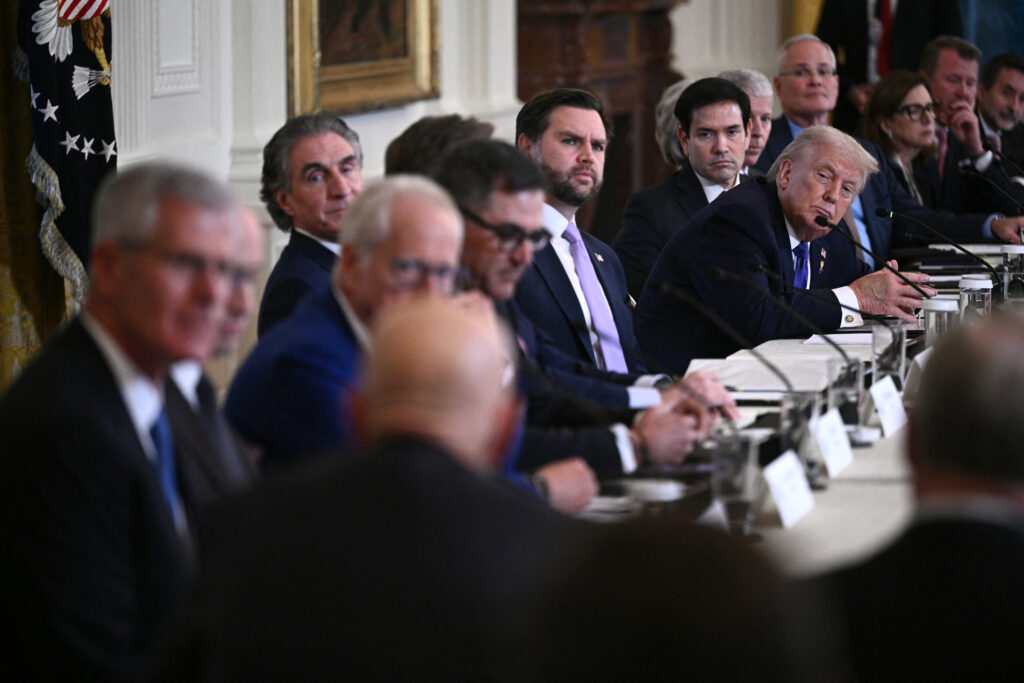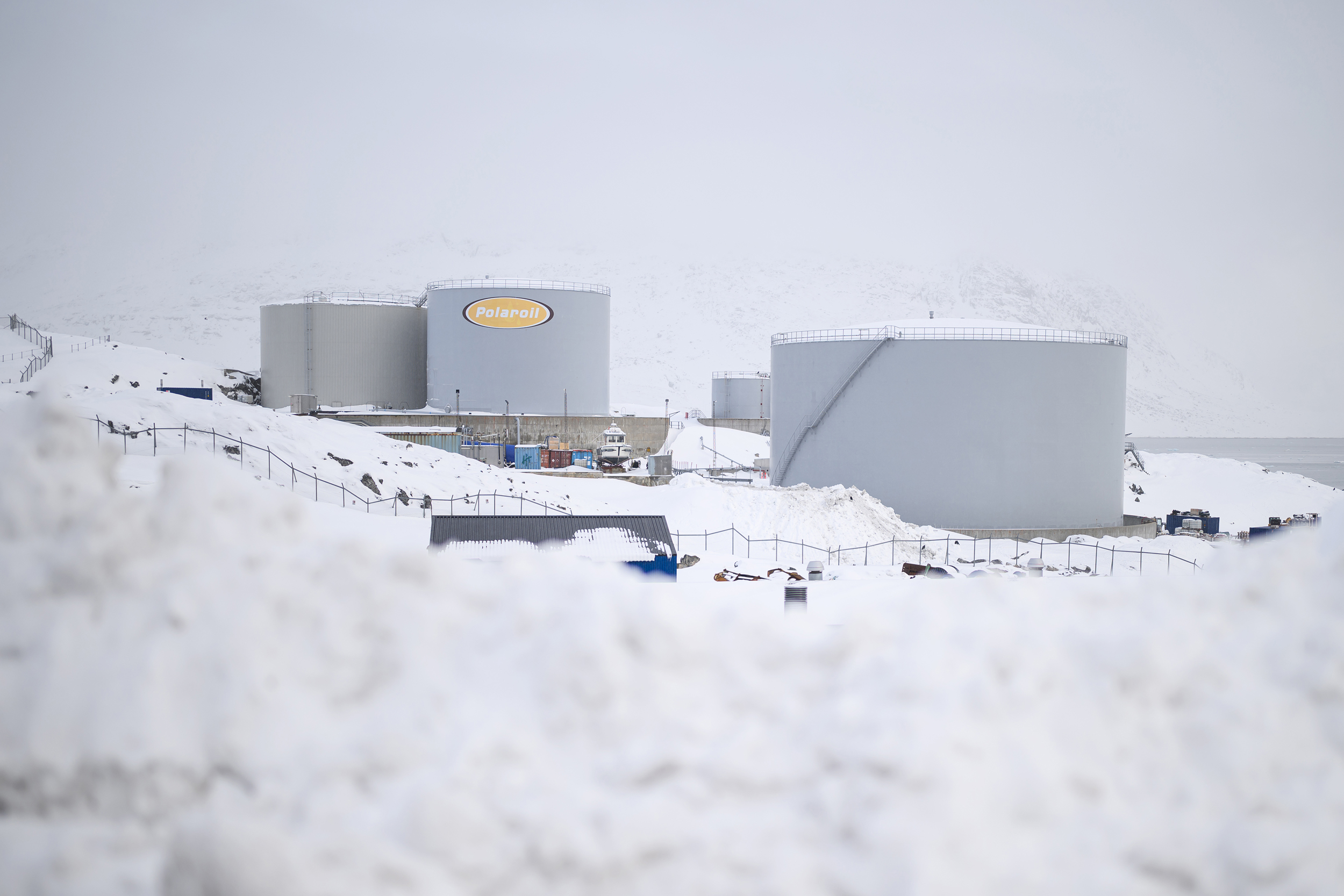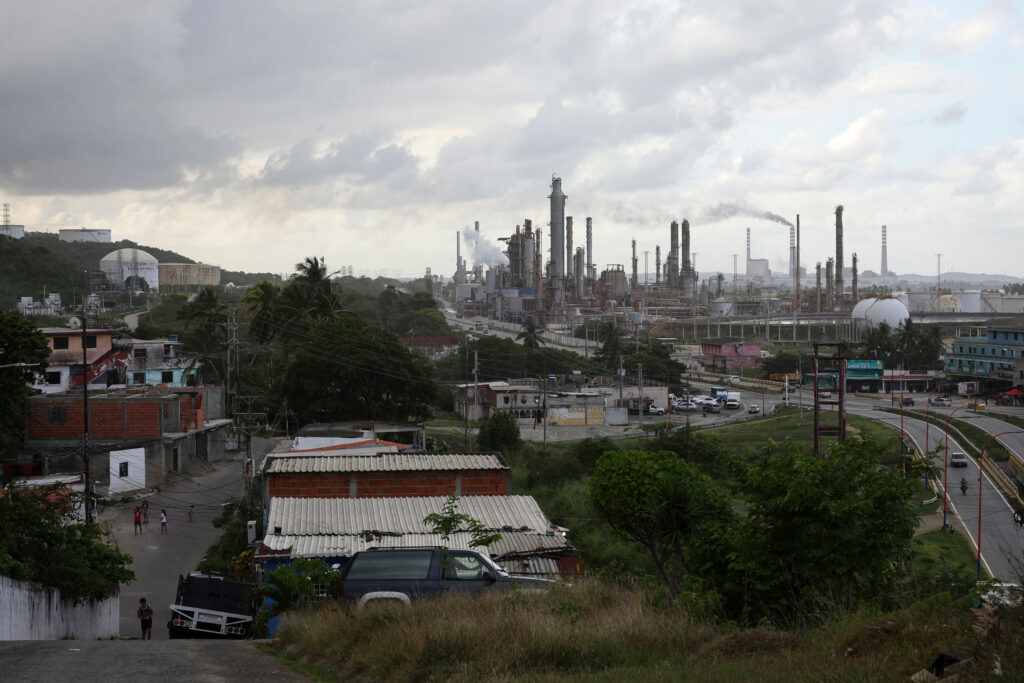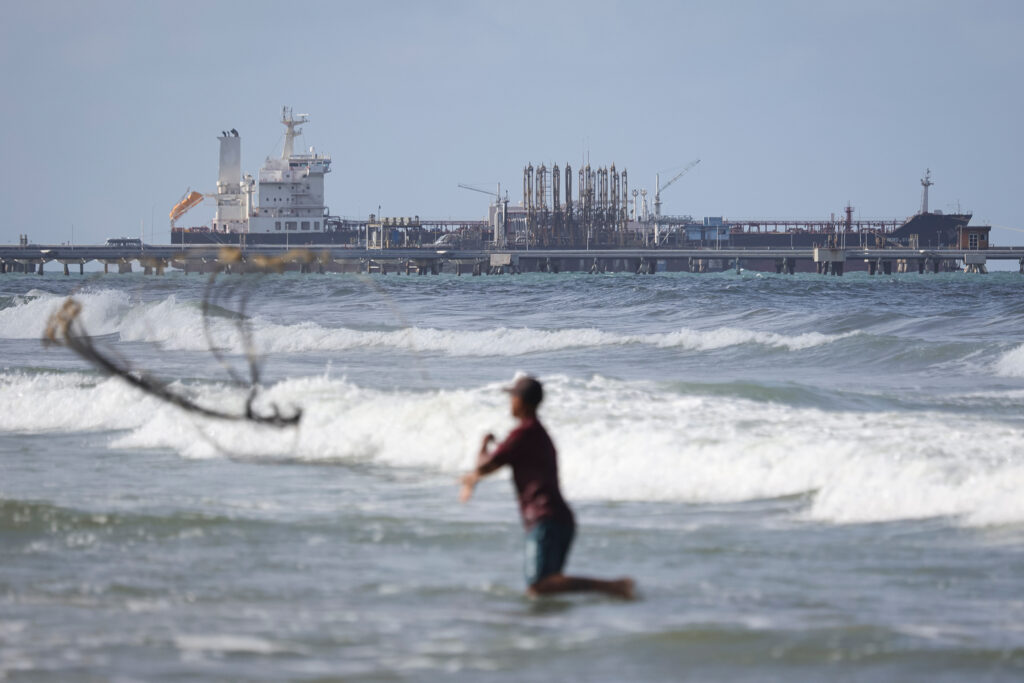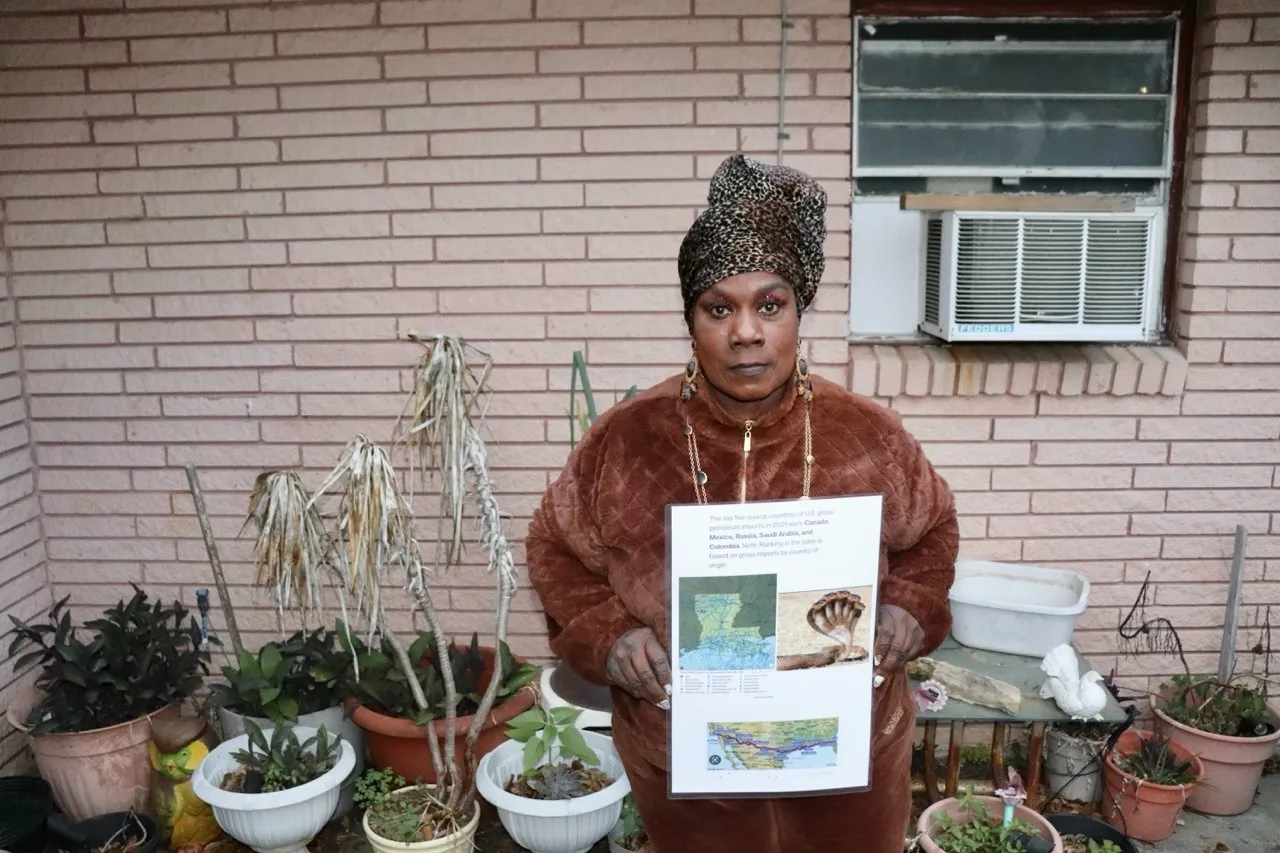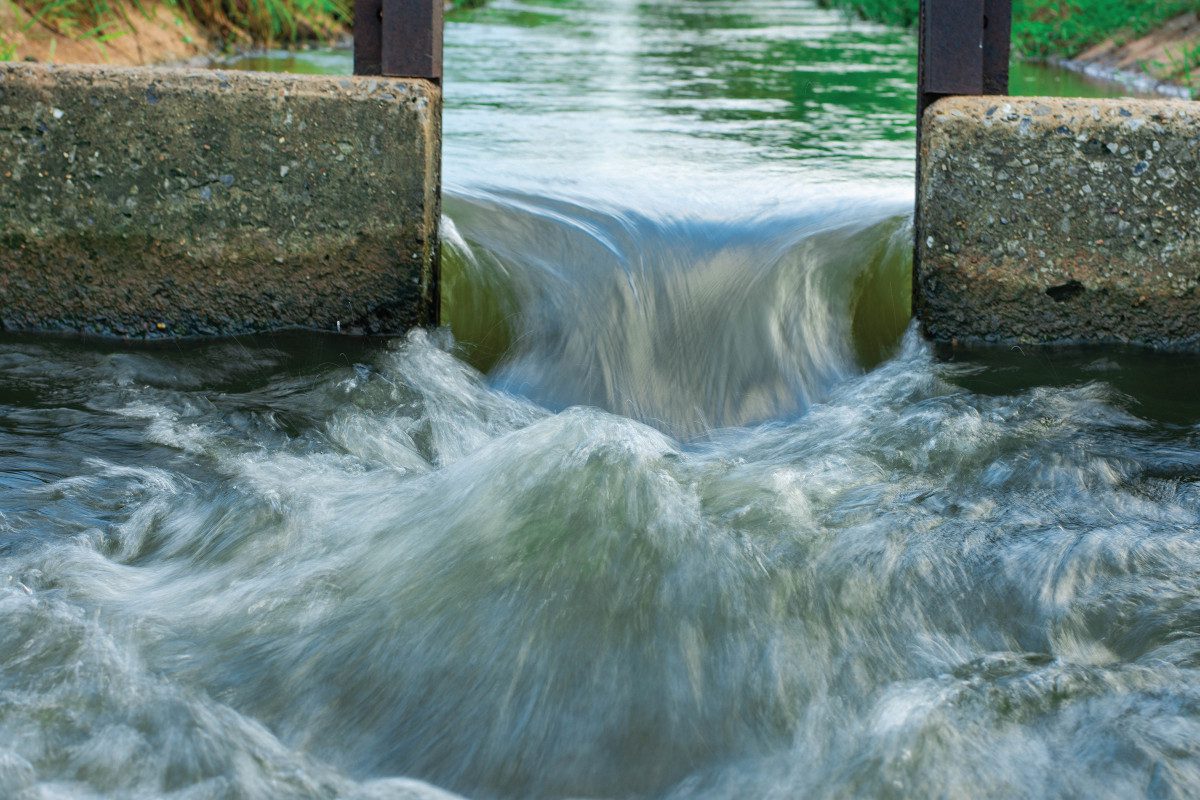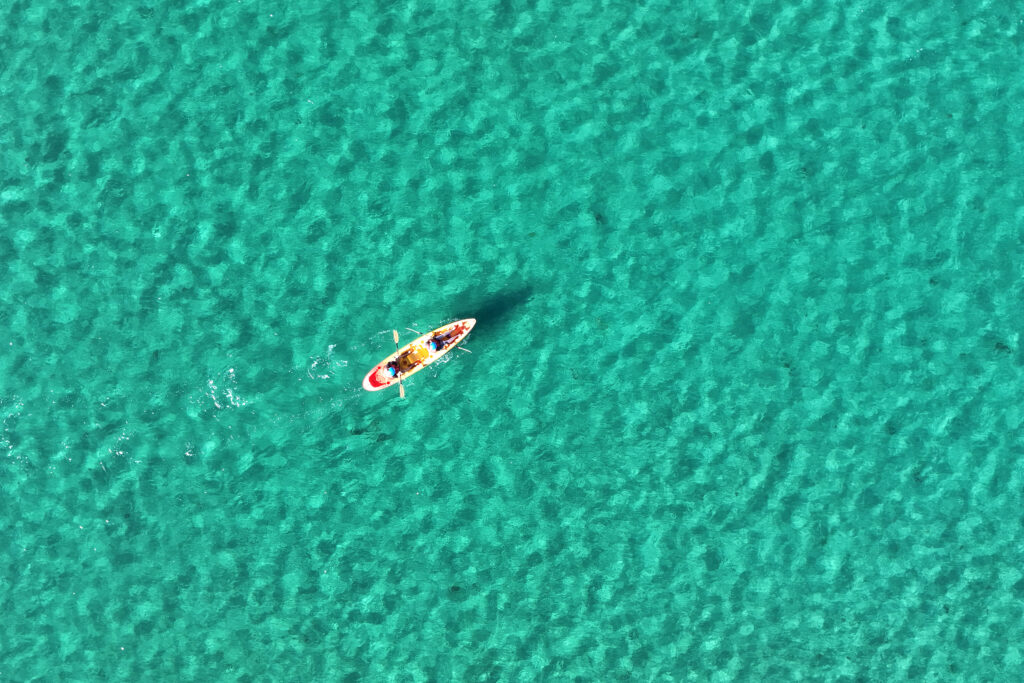The U.S. Supreme Court this week declined to take up a closely watched lawsuit brought by 21 young people challenging the federal government’s fossil fuel energy system.
The high court’s decision Monday in Juliana v. United States ends a 10-year legal effort to hold the government accountable for knowingly endorsing an energy system that would destabilize the climate. The complaint claimed the situation infringed on the young plaintiffs’ rights to life, liberty and property and called on the government to phase out carbon emissions and implement national plans to address the energy and environmental problems they created.
Despite the decision, the lawsuit’s impact continues to reverberate.
“Juliana has inspired and motivated countless youth-brought climate change cases around the world. It’s really reframed the issue from one of a pollution problem to one of a human rights problem,” said Andrea Rodgers, senior litigation attorney at Our Children’s Trust, the Oregon-based advocacy group that brought the lawsuit on behalf of the plaintiffs.
We’re hiring!
Please take a look at the new openings in our newsroom.
See jobs
“Young people have been at the forefront of the civil rights movement throughout history. We’ve seen that with desegregation of schools and a variety of other concerns, and I think this is yet another example,” she said. “Young people are standing up and seeking justice and displaying incredible leadership. We must remember there are a lot of young people under the age of 18 that don’t have the vote or don’t have the money to lobby legislators, so it’s very important that they have the ability to access the court.”
Our Children’s Trust said the legal framework established by Juliana has inspired more than 60 youth-led lawsuits worldwide. In 2023 the organization celebrated a groundbreaking victory in Montana, the first time a court in the U.S. declared that a government had a constitutional responsibility to protect people from the effects of climate change. The next year the group reached a settlement in Hawaii that included a plan to decarbonize the state’s transportation system.
The Supreme Court offered no reason for declining Juliana. Rodgers said the organization was considering options. The Justice Department did not respond to a request for comment.
The lawsuit claimed the federal government knew since 1965 that burning fossil fuels would lead to dangerous climate change.
“Defendants have acted with deliberate indifference to the peril they knowingly created,” the complaint reads. “As a result, Defendants have infringed on Plaintiffs’ fundamental constitutional rights to life, liberty, and property. Defendants’ acts also discriminate against these young citizens, who will disproportionately experience the destabilized climate system in our country.”
Miko Vergun said she got involved as a plaintiff after attending environmental advocacy meetings with her mother and brother, where the activists would talk of saving the planet for the next generation—but it was mostly adults who were present.
A recent graduate of Oregon State University, Vergun was concerned about wildfires that sometimes prevent her from going outside and also affect her brother, who suffers from asthma. She was born in the Marshall Islands, which is threatened by sea level rise and intensifying storms.
“It is definitely a horrible ruling in my opinion because we’ve been ready to go to court. We have the resources. We have the evidence. And unfortunately we didn’t get the ruling to go to court. But so many good things have come about because of this lawsuit, despite it not going to court. And despite my feeling sad about that I’m also feeling very hopeful for a new beginning,” said Vergun, 23, who studied cultural anthropology and communications at Oregon State.
“Hopeful for the next generation of youth to speak out.”
About This Story
Perhaps you noticed: This story, like all the news we publish, is free to read. That’s because Inside Climate News is a 501c3 nonprofit organization. We do not charge a subscription fee, lock our news behind a paywall, or clutter our website with ads. We make our news on climate and the environment freely available to you and anyone who wants it.
That’s not all. We also share our news for free with scores of other media organizations around the country. Many of them can’t afford to do environmental journalism of their own. We’ve built bureaus from coast to coast to report local stories, collaborate with local newsrooms and co-publish articles so that this vital work is shared as widely as possible.
Two of us launched ICN in 2007. Six years later we earned a Pulitzer Prize for National Reporting, and now we run the oldest and largest dedicated climate newsroom in the nation. We tell the story in all its complexity. We hold polluters accountable. We expose environmental injustice. We debunk misinformation. We scrutinize solutions and inspire action.
Donations from readers like you fund every aspect of what we do. If you don’t already, will you support our ongoing work, our reporting on the biggest crisis facing our planet, and help us reach even more readers in more places?
Please take a moment to make a tax-deductible donation. Every one of them makes a difference.
Thank you,




